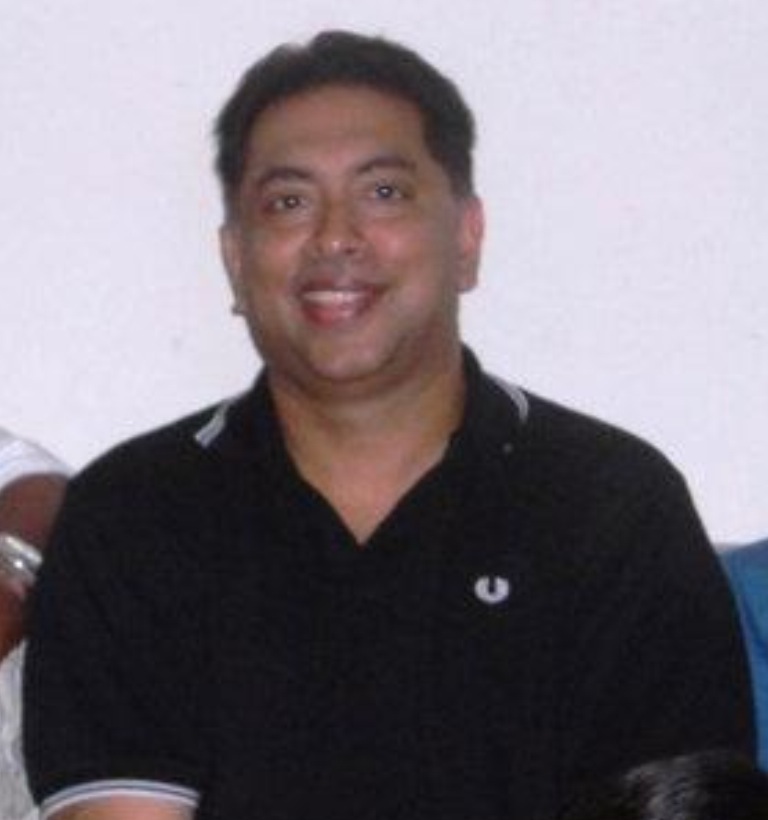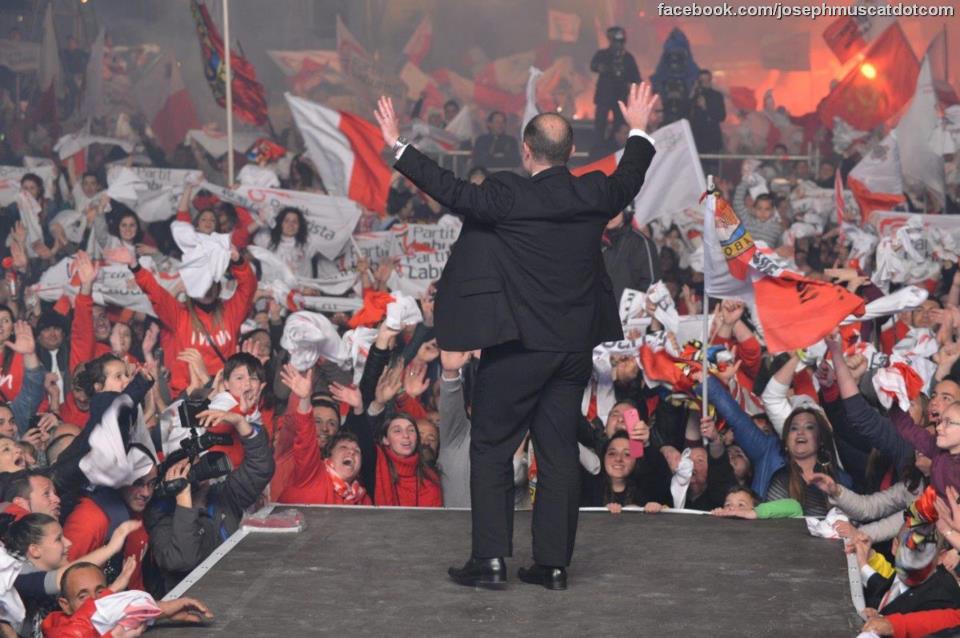Malta’s oil negotiations: carried out by a man debarred by the World Bank for fraud and corruption
Published:
October 8, 2013 at 10:06pm
Way to go, as they say. I have it on good authority that at the beginning of May, Shiv Nair – who is permanently debarred by the World Bank for fraud and corruption – was in Ecuador, representing the government of Malta in negotiations on an oil deal.
8 Comments Comment
Leave a Comment



Now where is the Auditor General when you need him?
http://mt.linkedin.com/pub/shiv-shankaran-nair/19/bba/0
Among the projects he has been involved in are The Chinese loans to Ecuador,
Ghalhekk Joe Mizzi kien tant cert li se nsibu z-zejt.
China, Latin America, Exim Bank, informal rules, zou chuqu, corruption…
http://www.americasquarterly.org/Armony
…and Malta.
Now it’s becoming clearer why Joseph Muscat wants to reduce bureaucracy by 25%.
China wants more informal rules.
How right Anglu Farrugia was. Alas the rewards were too good to refuse.
Well, lets put it this way. Malta ranks 43rd in the Corruption Index. Ecuador ranks 118th. We still have a lot to learn.
http://www.transparency.org/country#ECU
Extracts from http://www.heritage.org/index/country/ecuador
– Ecuador’s economic freedom score is 46.9, making its economy the 159th freest in the 2013 Index.
– The reach of government continues to expand to economic sectors beyond the petroleum industry, and pervasive corruption continues to weaken property rights. The private sector has been marginalized by a restrictive entrepreneurial environment.
– The overall investment climate has become increasingly risky because of the repressive political environment. The restrictive trade regime is reducing competition and eroding productivity. By controlling flows of trade and investment, the government has been forcing closer economic and commercial ties with Venezuela and China.